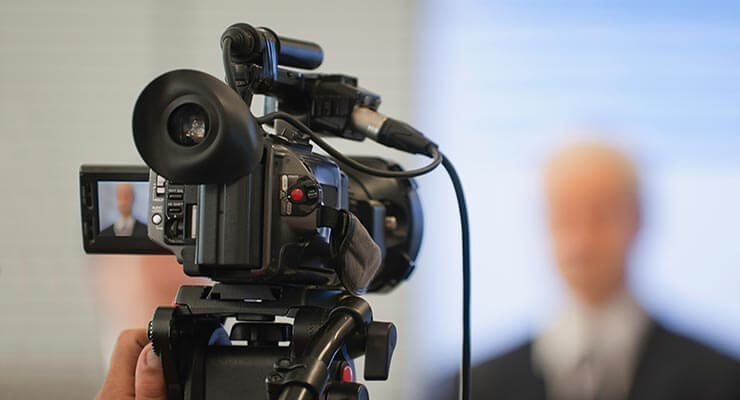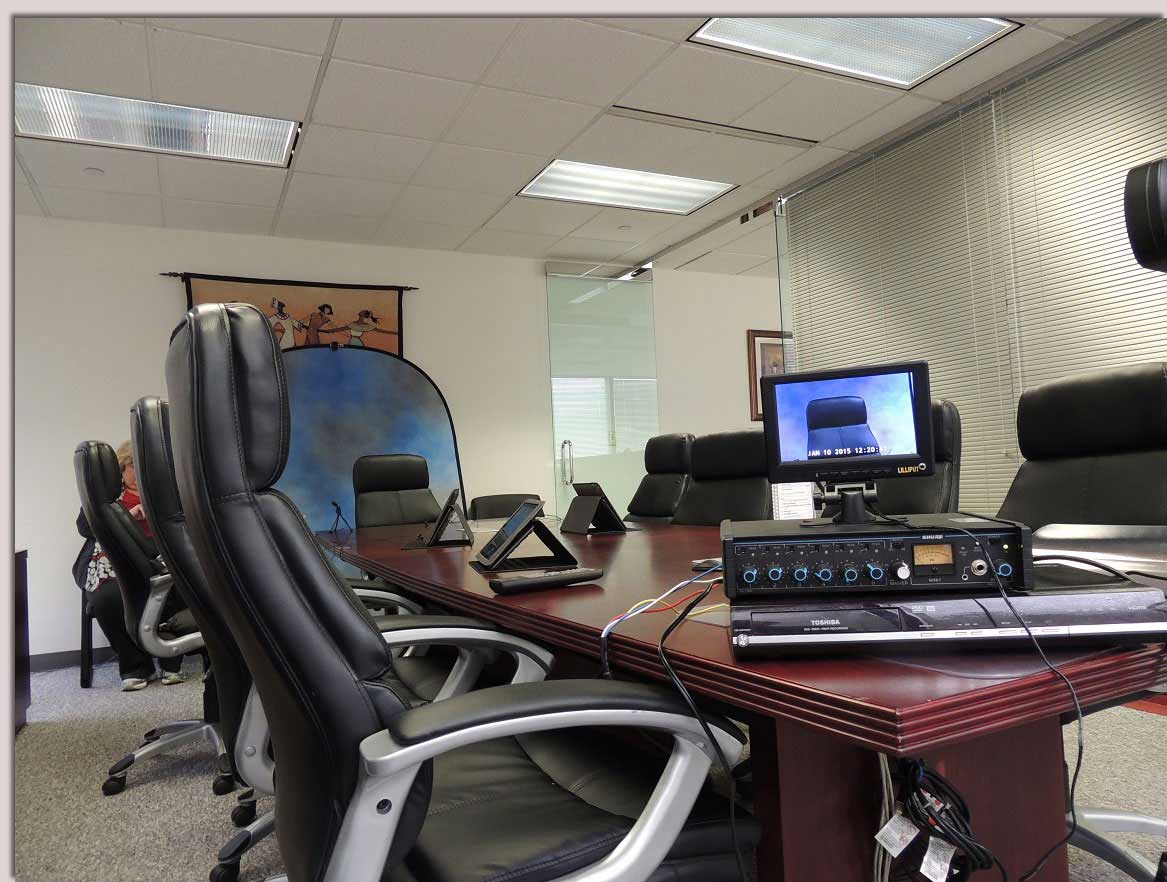Reliable Legal Videography for Depositions.
Reliable Legal Videography for Depositions.
Blog Article
The Duty of Lawful Videography in Depositions and Trials
Legal videography has become a vital device in both depositions and tests, giving a multifaceted approach to recording witness statements. By recording not just the talked word however also the nuances of non-verbal interaction, this tool enhances the trustworthiness of testaments and preserves important proof for future process. As lawyers increasingly identify its worth, it triggers a deeper examination of how these aesthetic records can influence juror perceptions and trial end results. What effects might these growths hold for the future of legal technique?
Significance of Lawful Videography
Lawful videography plays a critical duty in the documents and presentation of depositions and trials. This customized area integrates technical skills with lawful knowledge to create a reputable document of procedures that can considerably affect case outcomes. The appearance of legal videography improves the understanding of witness testimony, allowing jurors and judges to observe not only the talked words but additionally the behavior, feelings, and body language of the witnesses.

The importance of legal videography prolongs past the court; it also plays an important function in protecting proof for future recommendation, whether for appeals or additional lawsuit. Its integration into the lawful procedure is important for making sure a fair and precise depiction of the truths, ultimately adding to the search of justice.

Refine of Legal Videography
While catching the subtleties of depositions and trials, the process of legal videography entails a number of critical steps that guarantee top notch, exact recordings. A professional lawful videographer prepares by evaluating the instance materials and comprehending the specific requirements of the deposition or test. This prep work includes acquainting themselves with the individuals and the context, which helps in capturing significant details.
On the day of the recording, the videographer establishes the necessary equipment, which usually includes high-definition cams, microphones, and proper illumination. Making certain optimum angles and audio high quality is critical, as it directly affects the performance of the recording. The videographer interacts with lawyers and individuals to establish protocols, ensuring that everyone comprehends the recording procedure.
Throughout the deposition or trial, the videographer meticulously records the proceedings, paying very close attention to both verbal and non-verbal cues. legal videography. This consists of recording the temperament and reactions of witnesses and lawyers. After the session ends, the videographer might edit the video for quality and conformity with lawful requirements, producing an end product that accurately reflects the proceedings for future referral and usage in lawful contexts
Benefits in Depositions
The incorporation of videography in depositions supplies countless benefits that improve the total process of gathering proof. One main advantage is the capability to capture witness testimonies with aesthetic and auditory fidelity, providing an extra precise depiction of the witness's disposition, tone, and body movement. This multidimensional approach permits lawyers and courts to evaluate trustworthiness better than conventional redirected here written transcripts alone.
In addition, videographed depositions act as an effective tool for preserving testament. Ought to a witness become unavailable for test, their tape-recorded deposition can be played in court, guaranteeing that their evidence stays easily accessible and pertinent. This element substantially decreases the threat of losing vital details that might influence case outcomes.
Moreover, using lawful videography promotes far better prep work for attorneys. Reviewing video footage enables legal teams to assess and refine their strategies, recognizing strengths and weaknesses in their cases. This primary advantage can bring about more compelling discussions in court.
Finally, videography improves the general professionalism and trust of the deposition process, instilling confidence in clients concerning the thoroughness of their lawful representation. By leveraging technology, legal professionals can significantly improve the effectiveness of depositions.
Impact on Trials
In several tests, the combination of videography can significantly affect the presentation of proof and the jury's understanding. Legal videography captures witness testimonies and critical evidence in a dynamic format, enabling jurors to engage with the product on numerous levels. This aesthetic component improves the storytelling facet of a test, giving context and emotional vibration that traditional text-based proof might lack.
In addition, video recordings can work as powerful tools for impeachment throughout interrogation. When disparities arise between a witness's prior statements and their court testament, video clip evidence offers an objective reference that can sway jurors' point of views. This immediacy and clearness can reinforce the integrity of an event's story while at the same time weakening opposing disagreements.
In addition, using videography can aid streamline complicated info, making it extra accessible to jurors that may battle to realize elaborate details presented exclusively via spoken testament. By combining visuals with auditory details, lawful videography can boost retention and understanding, inevitably influencing the court's decision-making process. The influence of videography in tests extends beyond mere visual appeals; it plays a vital duty in shaping the legal landscape and outcomes.
Future Trends in Legal Videography
As we look toward the future of lawful videography, a number of emerging patterns guarantee to improve its duty within the court room. One significant fad is the integration of artificial knowledge (AI) in video clip analysis and modifying - legal videography. AI can here simplify the procedure of recognizing key minutes in taped depositions, enabling attorneys to promptly access relevant web content, consequently boosting effectiveness in case preparation
Furthermore, the surge of online reality (VIRTUAL REALITY) and increased fact (AR) you can try these out modern technologies is anticipated to transform how jurors experience evidence. By submersing jurors in a simulated setting, these technologies can provide a much more profound understanding of complicated circumstances, leading to more enlightened deliberations.

Furthermore, the raising need for remote depositions, sped up by the COVID-19 pandemic, will likely continue. Legal videographers will certainly need to adjust to new software and systems to make sure high-grade recordings in digital settings.
Last but not least, the growing focus on information protection will certainly require more stringent methods for storing and sharing video evidence. As the legal landscape evolves, lawful videographers have to stay abreast of these fads to preserve their relevance and efficiency in the judicial procedure.

Verdict
In summary, lawful videography serves a critical function in the judicial procedure, boosting the stability of depositions and tests. As modern technology proceeds to evolve, lawful videography is poised to further transform its role within the legal landscape.
Report this page